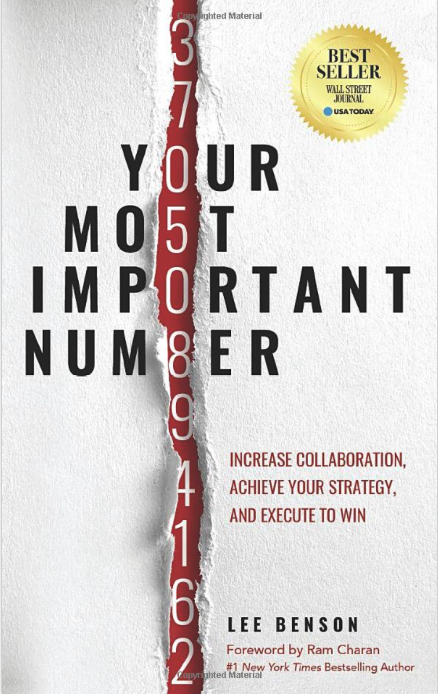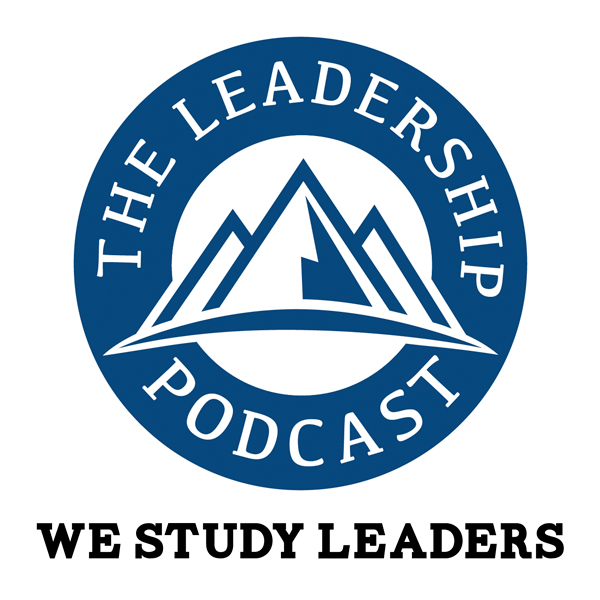A lot of firms think that to win the talent acquisition and retention war, it’s all about providing training. A lot of money is spent on training, and executives look at those budgets, but how often does someone ask what the outcome should be before the investment is made? Better yet, how often is any outcome measured after the training has occurred?
Donald Kirkpatrick was a renowned professor at the University of Wisconsin, and first published his Four-Level Training Evaluation Model in 1959. The four levels are:
- Reaction (did I like the training?)
- Learning (do I now know something new?)
- Behavior (am I now able to do something new?)
- Results (did the training change my results?)
This has been the standard for instructional design, yet very seldom do we even attempt to connect training with performance, innovation or results.
So when it comes to leader development, there are three key considerations:
Leading SELF
It’s all about character (virtue-based philosophy) and hiring the right people for the organization. Courage, Humility, Discipline, Resilience, etc. These are behaviors that stem from the virtues. This is the concept that your development is up to you – and you can learn everyday through adversity, others/mentors, and hearing the unheard (solitude and reflection).
People in the organization need to take responsibly for the development of their own character. When have you ever met a great leader who wasn’t also a great person? There are a lot of books out there for your people, and I recommend these four to start:
- How to Win Friends and Influence People by Dale Carnegie. Quite simply, be interested versus interesting.
- Man’s Search for Meaning by Viktor Frankl. The one thing you utlimately control is how you respond to your environment.
- Seven Habits of Highly Effective People by Stephen Covey. My favorite – seek first to understand.
- Authentic Leadership by Bill George. It’s about constantly testing yourself and reframing your life story.
A metric to consider:
What do you think of you as a leader, and are you easy to follow? If you were stranded on an island with your team, would you still be the leader?
Leading OTHERS
This is about the traditional skills that are taught to leaders, and skills require practice. For example
- Leadership theories
- Motivating
- Teaching/Coaching
- Listening
- Culture
- Leading change
- Building Teams
Do you want your leaders to “practice” on your/their people, or does your training allow for realistic scenario and role-based training? Too often, people who are good at their jobs are thrown into managing others, and don’t know the first thing about providing feedback, dealing with conflict, and having difficult conversations.
A metric to consider:
Simply – retention rates and results. Is the performance defined by a combination of results delivered through behaviors that reflect the organization’s values?
Leading the ORGANIZATION
This goes beyond leadership traits and gets at leadership decisions regarding the big levers. This is as much organization development and design as it is pure leadership.
Is the strategy clear as defined by vision, mission, values, audacious goals and the brand promise? Is there clarity on capabilities so that the Structure, Systems, Process, People and Rewards can be aligned to maximize performance and thwart the gaps?
A metric to consider:
As a result of the organizational design, does the environment (aka culture) make it easy for most of the people to do the right thing most of the time?
I would argue that if you aren’t first leading the organization, any training you invest in to development skills will be money poorly spent. Worse, if you hire the right people, and as they develop their own skills, they’ll become enlightened to organizations that are getting it right. Elite performers want to be around others who will bring out the best in them. Getting the foundation right will go a long way with producing the results you seek, and as Covey advised, it starts with beginning with the end in mind!






